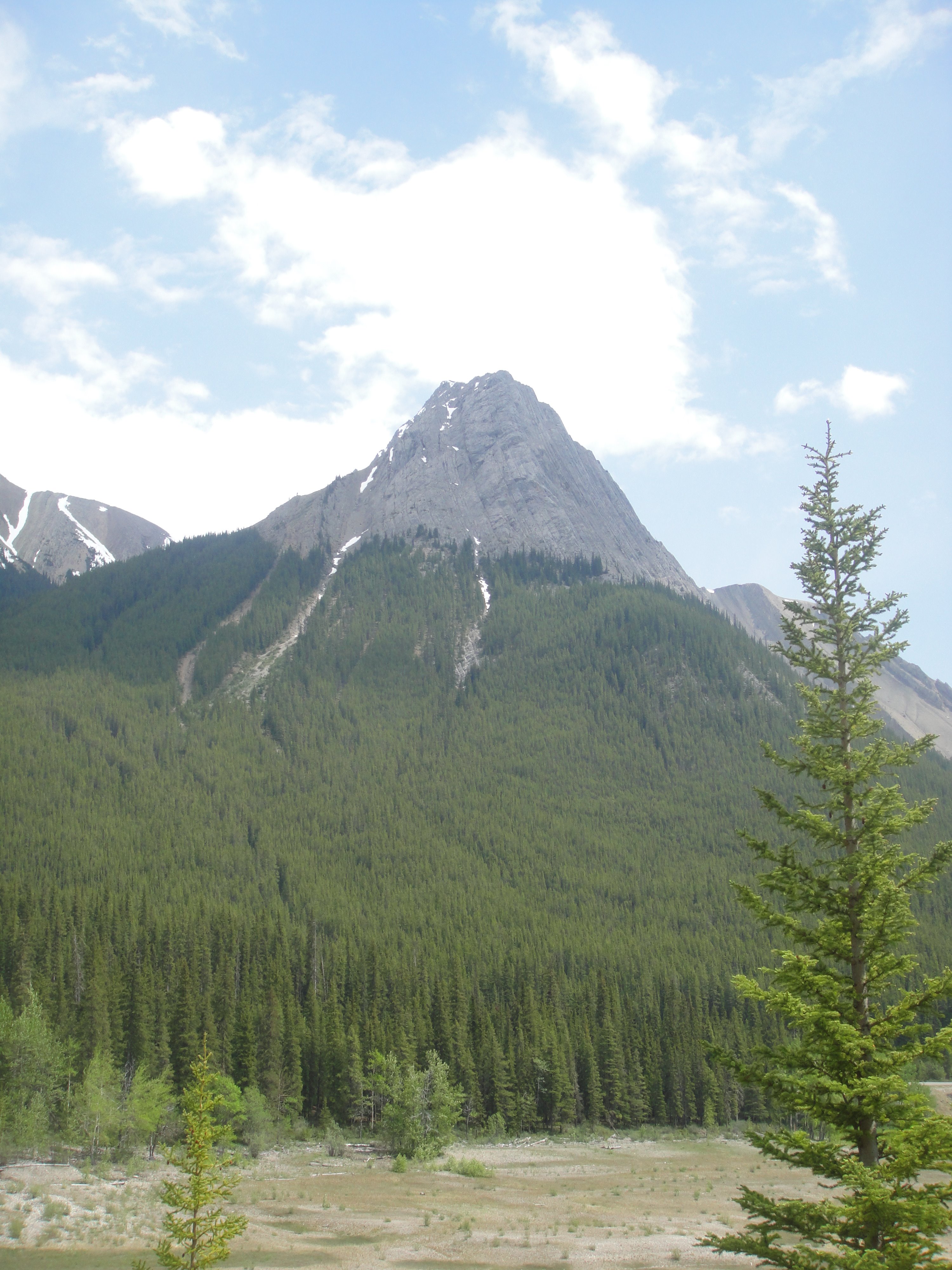Mountain

Image Copyright:Jonathan Sayles
Plate tectonics and earthquakes are responsible for creating most of the mountains that exist. As the large plates that make up the surface of Earth move around, one can be pushed under another forcing it upwards. Earthquakes in the surrounding area might be responsible for sections of the plate to fall away creating jagged surfaces and lethal drops. Over much longer periods of time, weathering might either smooth the surface or through freezing ice, break boulders away thus changing how a mountain looks. They evolve and change just as everything else does on Earth.
Mountains are also responsible for helping to make diverse changes in the plants, animals and birds that live upon them. The higher mountains have very differing weather patterns depending on the height above the surrounding lands and can have desert conditions, sub tropical, moderate and glacial weather conditions just on one mountain.
| Mountain in other languages:- |
| Cebuano: | bukid |
| Chinese: | shān, shānyuè 山, 山岳 |
| French: | f montagne |
| German: | m berg |
| Greek: | n βουμό |
| Italian: | f montagne |
| Japanese: | yama 山 |
| Nederlands: | c berg |
| Norwegian: | nt fjell |
| Polish: | f góra |
| Portuguese: | f montanha |
| Spanish: | f montaña |
| Swedish: | nt berg |
| Tagalog: | bundok |
| Turkish: | dağ |